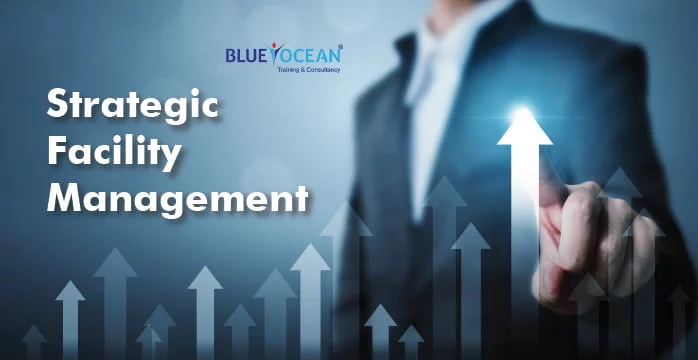
Facility management- Creating a safe and secure workplace
Facility Management is a profession that deals with the functionality, safety, and efficiency of the physical environment of an organization. This includes monitoring the facilities and ensuring that everything works perfectly for the smooth functioning of the company. The facility managers are responsible for safeguarding the valuable assets of the organization like building, equipment and inventory.
Functions of facility management
Facility management creates a healthy environment in which the employees can work safely. The following are the main functions of facility management:
- Improve operational efficiency
- Increases productivity
- Ensures the safety of the employees
- Reducing risks for everyone in the office environment
- Ensures security of office premises and equipment
- Creating sustainable plans for long-term cost management
- Compliance with safety standards and concerned laws
Different aspects of facility management
Facility planning involves the coordination of people, processes, places, and technology. It is just one of the several aspects that lead to a healthy business.
Have a look at the main processes in facility management:
- Safety: Regular maintenance of the office environment ensures the safety of all personnel working inside the building. This is of utmost importance as the management will have to pay if there is any lapse in this requirement. It is also mandatory to minimize the impact the business may have on the environment, which is of a serious concern nowadays. Organizations can even be sued if these areas are not properly maintained since providing a safe work environment is a legal requirement.
- Security: This is yet another significant aspect of protecting the office premises from unrestricted access. The technological development has led to the introduction of several security systems. Systems like biometrics which make certain that only the concerned people can enter the office.
- Maintenance: Along with installing all the necessary equipment, another key aspect is to carry out maintenance works without fail. They should also conduct inspections to see if there is an issue with the working of the equipment.
- Business continuity planning: A proactive approach and getting prepared for the worst scenarios are the qualities that every facility manager should have. Organizations should always have alternative plans when things don’t work as expected.
- Daily operational duties: Along with looking after the long-term safety and security of the organization, facility management also deals with the every-day challenges that hinder work.
Strategic facility planning
As per the demands of the ever-changing market, businesses have realized the emerging need for integrating facility management and strategic goals. The process involves understanding, analyzing, planning and acting towards long-term positive results. The following are the four key stages explained:
- Understanding: A careful study of the organization's mission, vision, values, and goals
- Analyzing: Identifying the facility needs of the organization
- Planning: Developing strategies to fulfill the long-term needs of the organization
- Implementation: Executing the planned strategies and maintaining them consistently.
Facility management courses can give you a clear idea about the roles and responsibilities involved. Als, how this key function can lead to long-term benefits for organizations.
